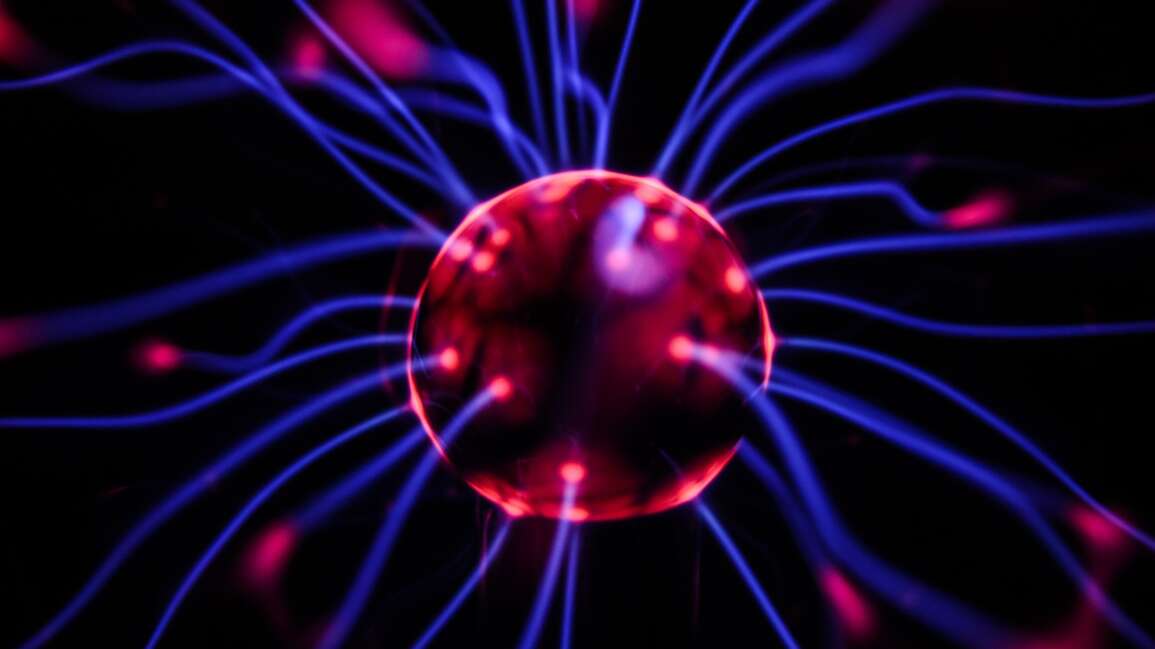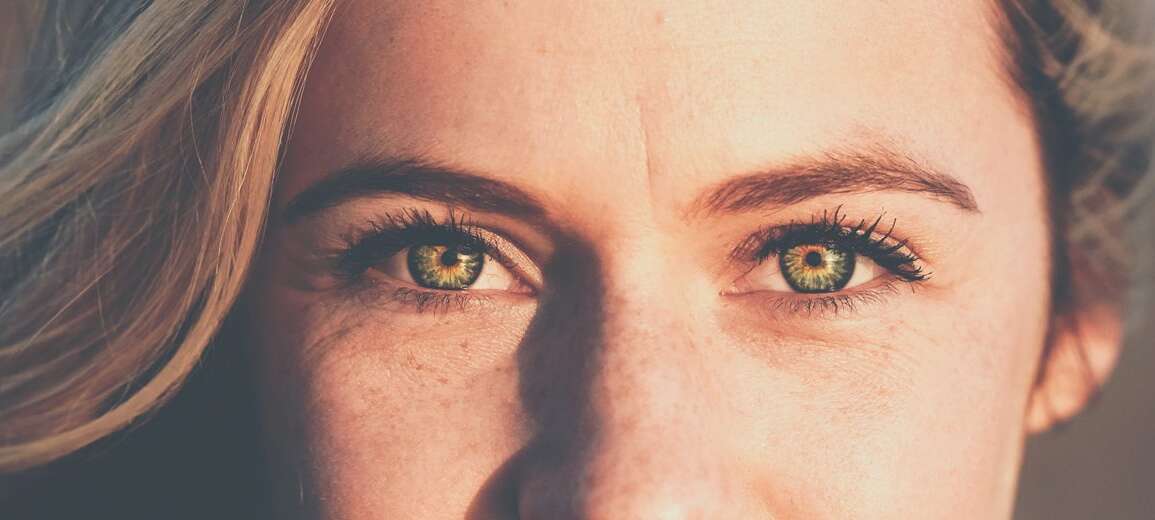Trichotillomania falls under the category of obsessive-compulsive and related disorders. The act of hair pulling provides a sense of relief, but it’s often followed by guilt, shame, and distress. Individuals with trichotillomania may focus on hair from the scalp, eyebrows, eyelashes, or other body areas. The best outcomes for trichotillomania treatment result from psychotherapy. The most common method of psychotherapy, CBT (Cognitive Behavioural Therapy) is…







